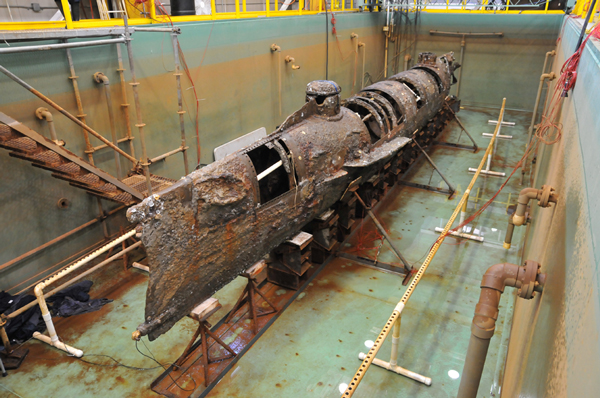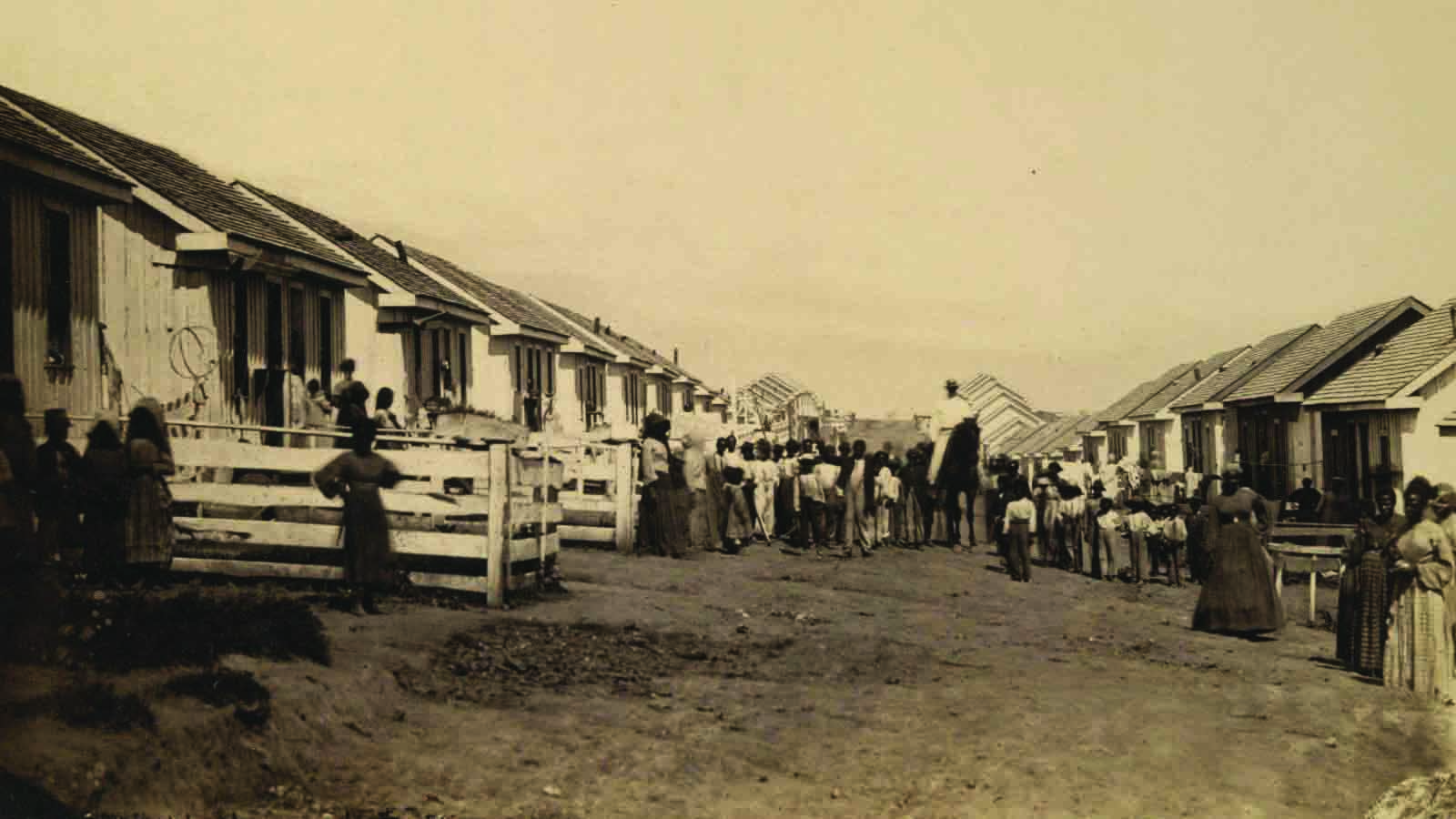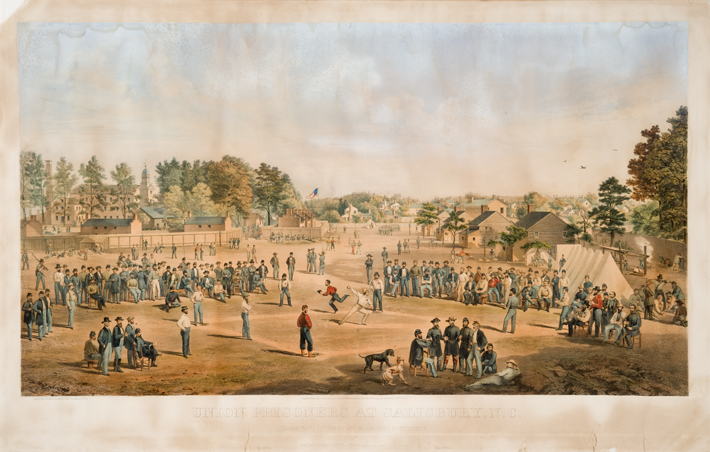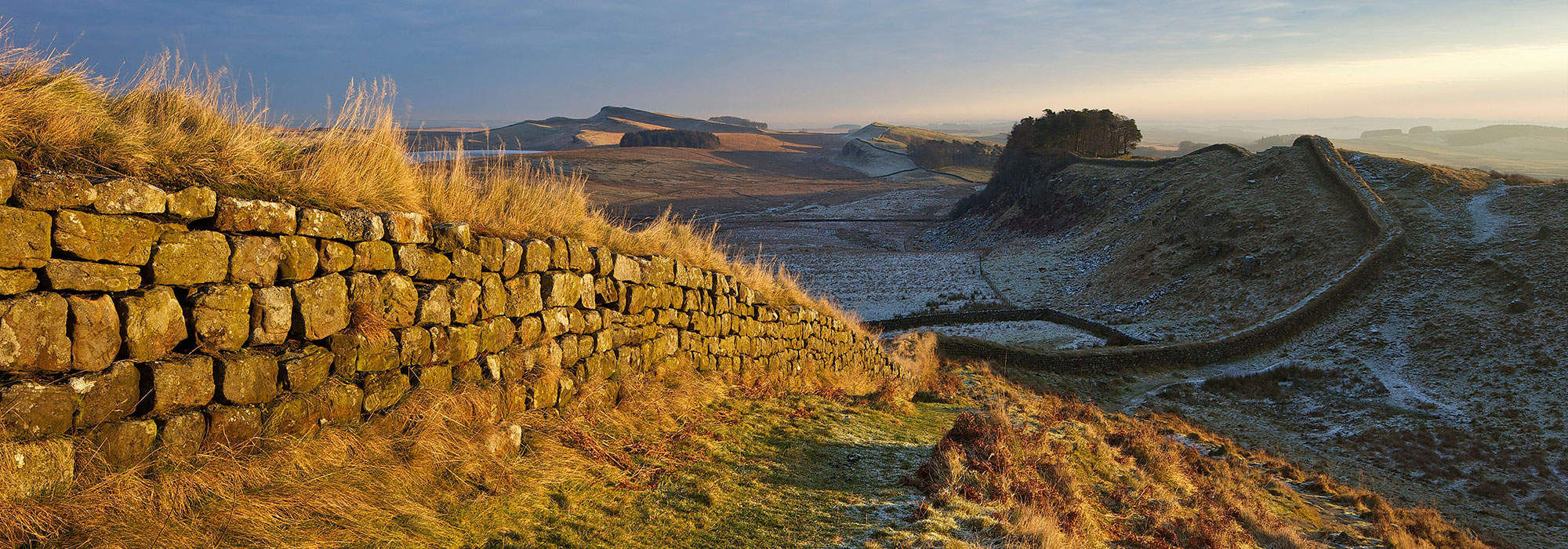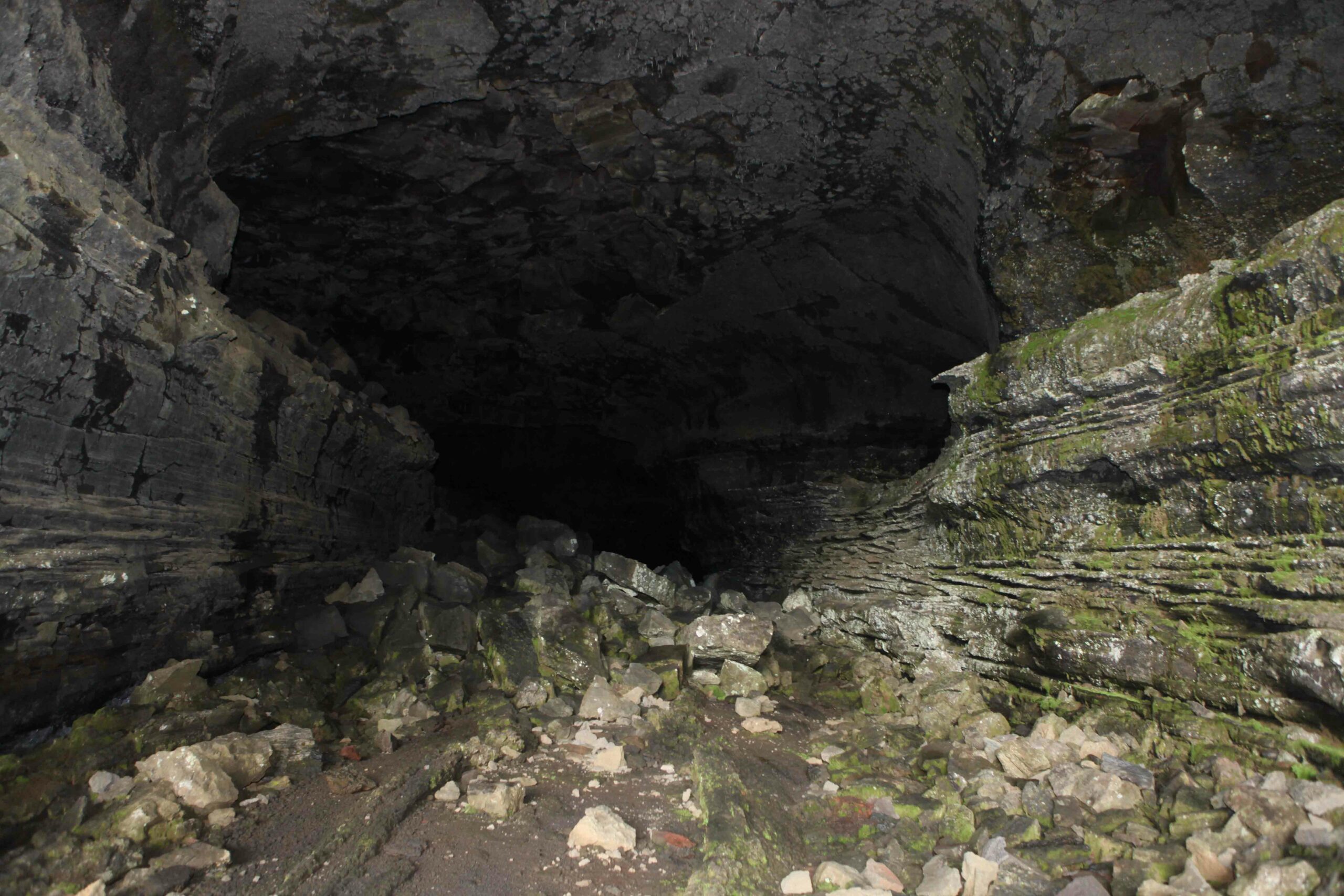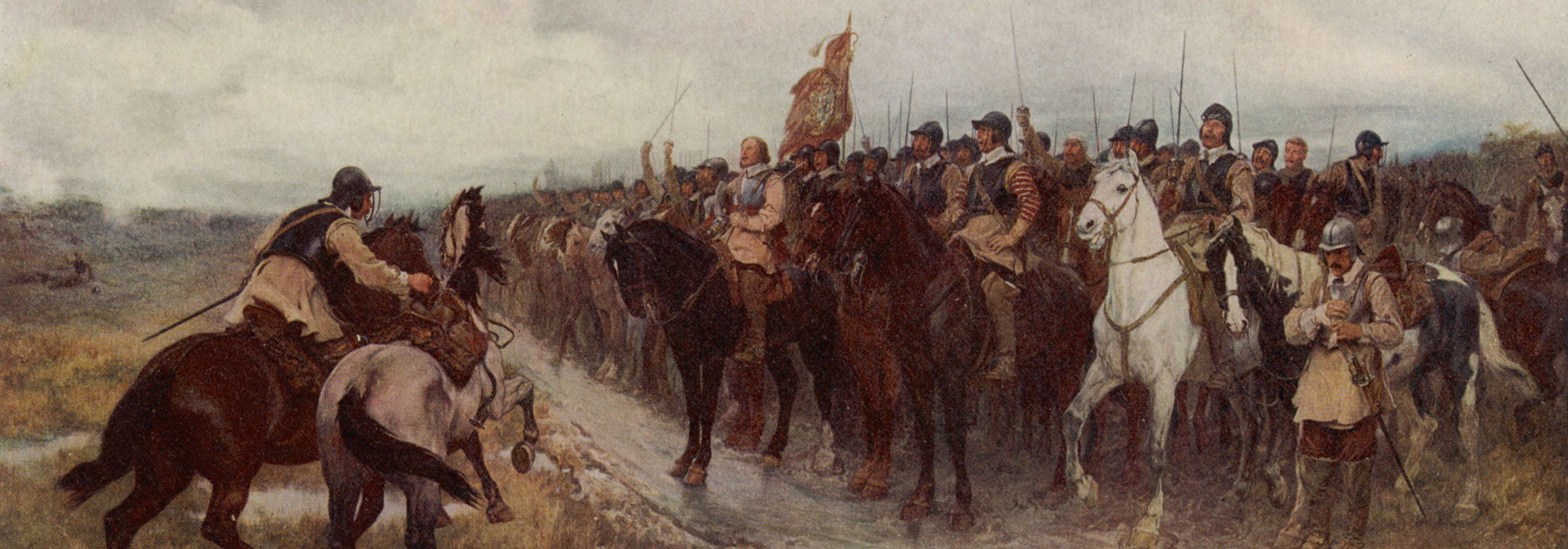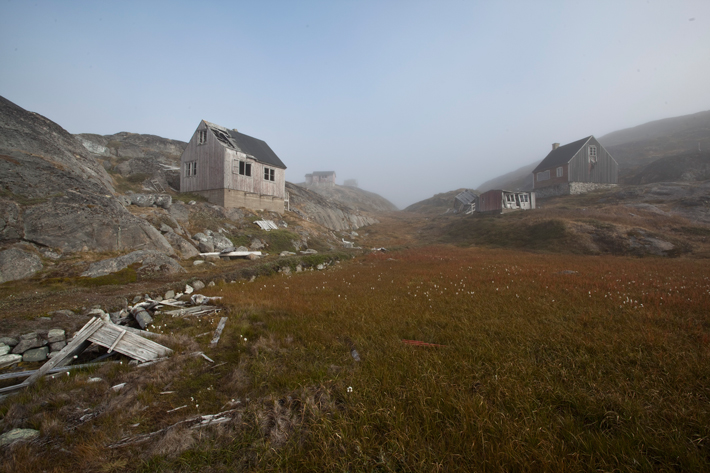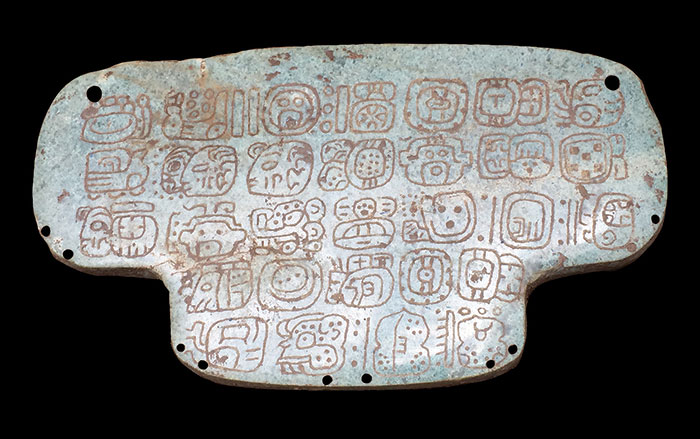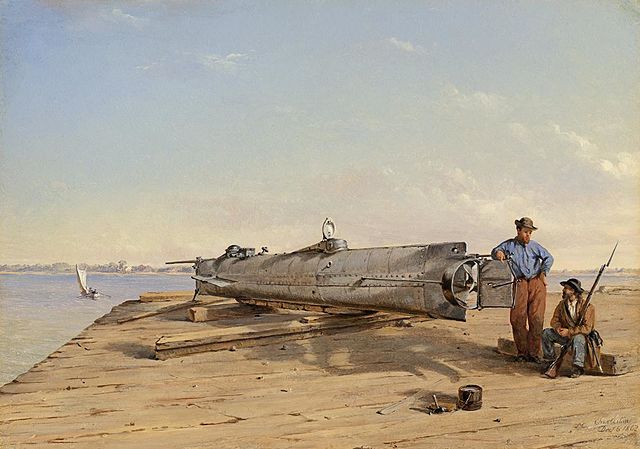
CLEMSON, SOUTH CAROLINA—The Post and Courier reports that a human tooth was recovered from a concretion in a crank handle on the Confederate submarine H.L. Hunley. Named for her inventor, the 40-foot submarine was lost in Charleston Bay on February 17, 1864, after it rammed a Union blockade ship with a black powder charge. The vessel was discovered in 1995 and raised from the bottom in 2000. The remains of the eight sailors who manned the iron vessel were removed by conservators at Clemson University’s Warren Lasch Conservation Center and reburied in 2004. The tooth was found at crank handle position Number 3, where crewman Frank Collins sat. Archaeologist Michael Scafuri thinks the tooth was lost after Collins died. Bits of cloth and a loose metal sleeve have also been found at some of the crank positions. The coverings may have been intended to reduce blistering and chaffing of the sailors’ hands. To read more about this ship and another Civil War ship, go to “History's Greatest Wrecks: USS Monitor and H.L. Hunley.”


